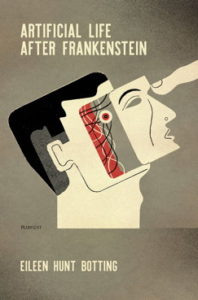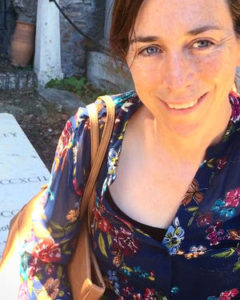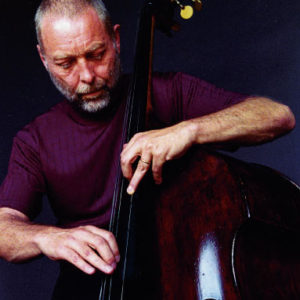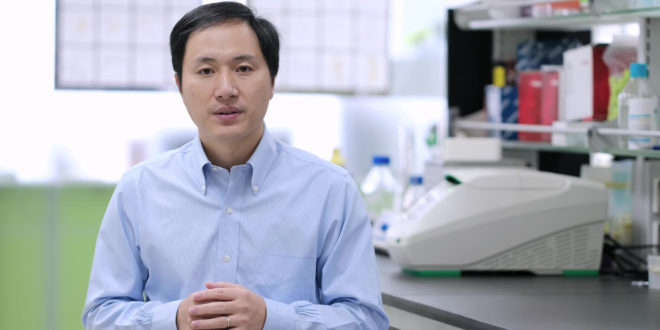Podcast: Play in new window | Download (Duration: 59:05 — 81.1MB)
 In our previous conversation with Eileen Hunt Botting (April 2020) as the pandemic began to deceptively settle into our routines we focused on Mary Shelley’s post-apocalypse novel, The Last Man – a book which explored loss in its most extreme form in order to find a more humane way to live and love, and create art. Today, we turn once again to Frankenstein, or The Modern Prometheus, that first and perhaps greatest fiction born out of tumult and generative anarchy of the French Revolution, the Rights of Man, and the Vindication of the Rights of Woman (and of vegetarianism) – – to explore the human power to create artificial life and the responsibility that must follow that creation.
In our previous conversation with Eileen Hunt Botting (April 2020) as the pandemic began to deceptively settle into our routines we focused on Mary Shelley’s post-apocalypse novel, The Last Man – a book which explored loss in its most extreme form in order to find a more humane way to live and love, and create art. Today, we turn once again to Frankenstein, or The Modern Prometheus, that first and perhaps greatest fiction born out of tumult and generative anarchy of the French Revolution, the Rights of Man, and the Vindication of the Rights of Woman (and of vegetarianism) – – to explore the human power to create artificial life and the responsibility that must follow that creation.
What are the obligations of humanity to the artificial creatures we make? And what are the corresponding rights of those creatures, whether they are learning machines or genetically modified organisms?
In Artificial Life After Frankenstein, Eileen Hunt Botting puts Shelley and several classics of modern political science fiction into dialogue with contemporary political science and philosophy, in order to challenge some of the apocalyptic fears at the fore of twenty-first-century political thought on AI and genetic engineering.
Focusing on the prevailing myths that artificial forms of life will end the world, destroy nature, and extinguish love, Botting shows how Shelley modeled ways to break down and transform the meanings of apocalypse, nature, and love in the face of widespread and deep-seated fear about the power of technology and artifice to undermine the possibility of humanity, community, and life itself.
We’ll begin with the mad political scientists who created Mary Shelley, her biological parents, Mary Wollstonecraft, William Godwin, but also explore her intellectual inheritance from philosophers Jean-Jacque Rousseau and John Locke, and her “brothers” in the creation of new gods and monsters, Percy Shelley, Lord Byron, and John Polidori. And from there we’ll explore the rights we have to love, companionship, and a life free from coercion, enforced servitude, neglect.
 GUEST
GUEST
Eileen Hunt Botting, Professor of Political Science at the University of Notre Dame, author of Mary Shelley and the Rights of the Child and the new book Artificial Life after Frankenstein, both published by the University of Pennsylvania Press.
RELATED
The Journey Through Sorrow: Mary Shelley’s Post-Apocalyptic Novel The Last Man (Interchange with Eileen Hunt Botting)
Frankenstein and the Rights of the Child by Eileen Hunt Botting
CRISPR bombshell: Chinese researcher claims to have created gene-edited twins
Why Frankenstein matters: Frontiers in science, technology and medicine by Audrey Shafer
Needing A Space For Us: On Social Rights with Kimberley Brownlee (Interchange)
 MUSIC
MUSIC
Dave Holland, Life Cycle (1982)
“Inception”
“Discovery”
“Longing”
“Search”
“Resolution”
IDs
“Rune”
“Grapevine”
“Troubadour Tale”
“Morning Song”
CREDITS
Producer & Host: Doug Storm
Executive Producer: Kade Young
 WFHB Bloomington Community Radio
WFHB Bloomington Community Radio


